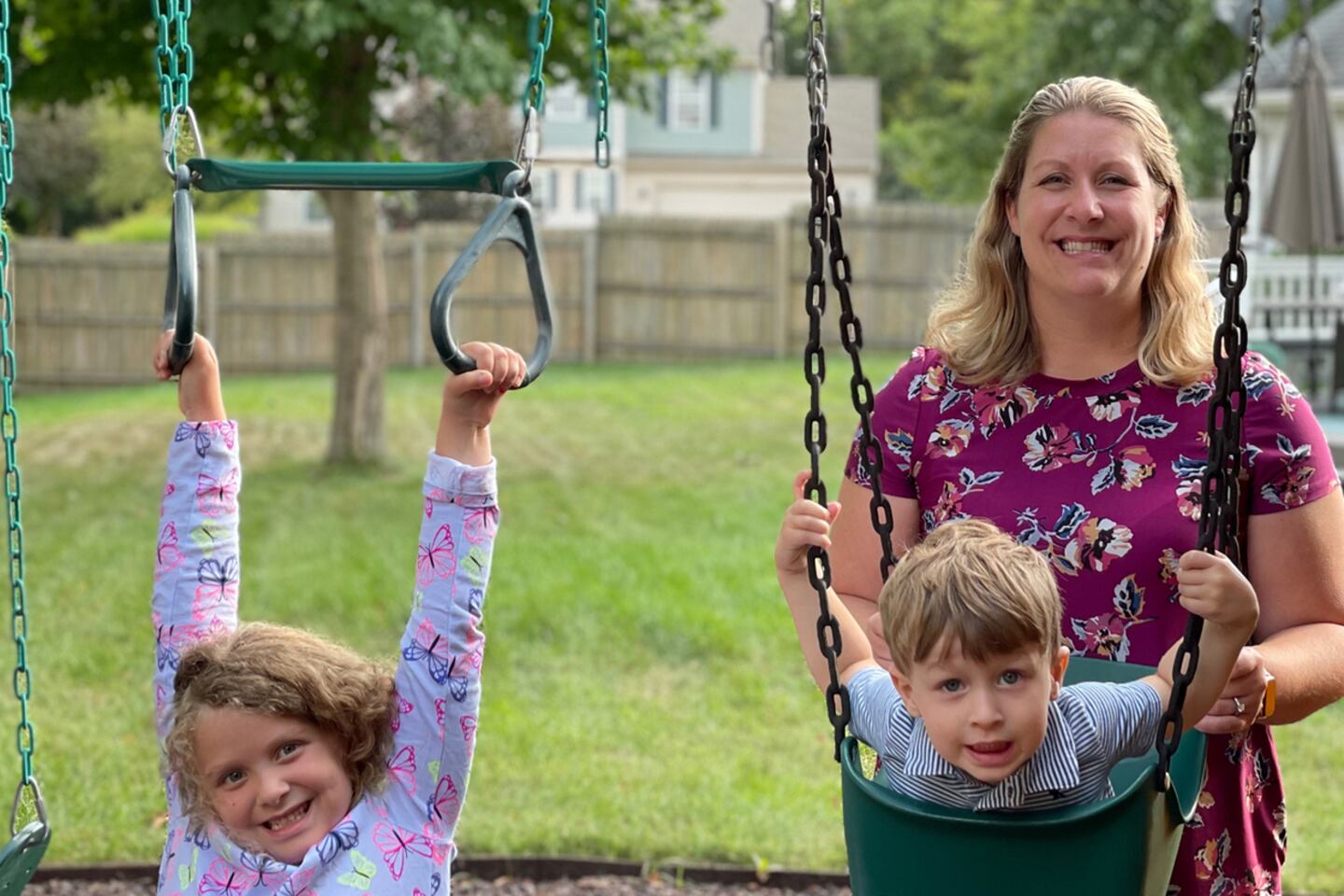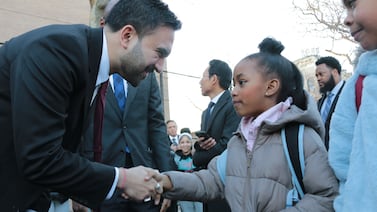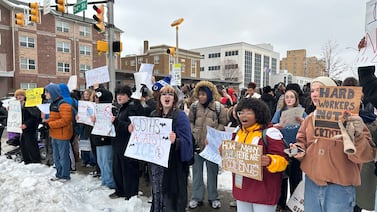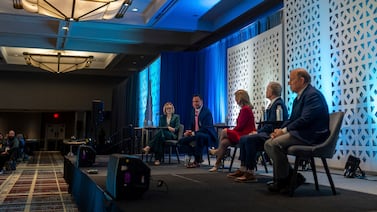Michigan’s prohibition on public funding for private schools remains intact after a federal judge dismissed a legal challenge to that rule in the Michigan Constitution on Friday.
The case, brought by five families with the support of the free-market Mackinac Center Legal Foundation, argued that Michigan’s constitutional ban on public funding for private education violated the U.S. Constitution. The families want to use their tax-protected Michigan Education Savings Program accounts to pay tuition at private, religious K-12 schools.
The savings accounts were designed for college expenses, but the plaintiffs and the state disagreed as to whether K-12 expenses are eligible after a 2017 change to federal tax law.
“There is nothing of record that shows Michigan approving any tax-advantaged use of MESP funds for any grade or secondary school expense in either private or public education,” wrote U.S. District Judge Robert Jonker in Michigan’s Western District.
The Mackinac Center said in a statement Friday it plans to appeal the ruling.
In 1970, voters approved an amendment to Michigan’s Constitution that prohibits public financial aid to any nonpublic school. The plaintiffs alleged the clause violates their First Amendment religious rights and the equal protection clause in the U.S. Constitution. While the provision in the Michigan Constitution doesn’t single out religious schools, the plaintiffs argued that it was motivated by anti-Catholic sentiment, pointing to rhetoric used during the amendment campaign five decades ago.
But Jonker, nominated to the bench by President George W. Bush, wrote that Michigan’s private school provision is “neutral on parochial education” on its face, and that there was no precedent supporting the use of the plaintiffs’ “narrow political process theory” — that the amendment was motivated by discriminatory sentiment — in a tax law case.
Many state constitutions include some prohibition on public funding for private schools, but most focus on parochial schools alone. Michigan’s focuses on all private schools — making no distinction on whether they are parochial or secular — which is why it was not affected by a recent U.S. Supreme Court decision striking down a so-called Blaine Amendment case in Maine. The Maine suit focused on state funds that were sent to private rural schools that were secular, but not to religious-based rural schools.
The Michigan lawsuit is part of a two-pronged effort by school-choice advocates to provide state support to parents who want to send their children to private school.
A ballot initiative backed by former U.S. Education Secretary Betsy DeVos would use a system of tax breaks to fund both public and private school scholarships for K-12 students. While backers of the initiative missed a June deadline to file signatures, they are still hoping the Michigan Legislature will vote on the issue this fall or next year.
If the scholarships program is passed into law, opponents plan to file a lawsuit claiming that the policy violates the Michigan Constitution.






